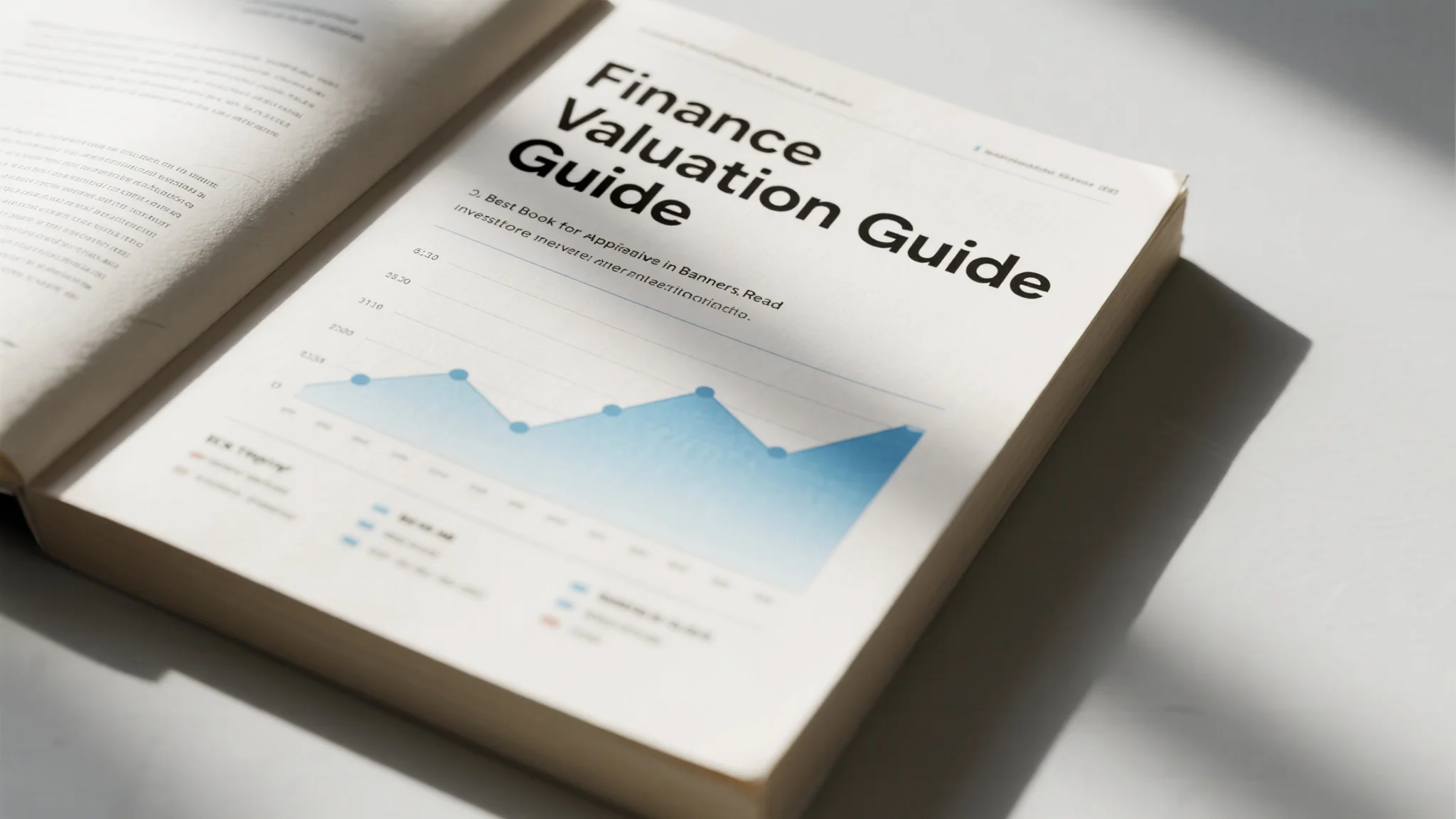Essential Reading for Aspiring Investment Bankers
Breaking into the competitive world of investment banking requires more than just academic credentials – it demands deep financial knowledge and practical insights that can only be gained from the right books. The best investment banking books 2025 selections go beyond textbook theories to deliver real-world wisdom from seasoned professionals. These essential reads cover everything from financial modeling and valuation techniques to the unspoken rules of Wall Street culture. Aspiring bankers should view these books as their personal mentors, offering guidance that even the most prestigious business schools might overlook. The right reading list can mean the difference between struggling through interviews and confidently discussing complex financial concepts with potential employers.
Mastering Valuation Techniques Through Literature
Valuation remains the cornerstone of investment banking, and the top finance valuation books provide the comprehensive frameworks needed to excel in this critical area. These volumes break down complex valuation methodologies into understandable concepts, complete with case studies from actual deals. From discounted cash flow analysis to precedent transactions and comparable company analysis, the best valuation guides offer step-by-step instructions that bridge the gap between academic theory and practical application. Many successful bankers credit these books with helping them develop the analytical rigor required to advise clients on multimillion-dollar transactions. The most effective valuation guides don’t just teach formulas – they cultivate the judgment needed to apply these techniques in real-world scenarios where perfect data rarely exists.
Navigating the Investment Banking Career Path
Understanding the technical aspects of finance is only half the battle – knowing how to navigate the industry’s unique career ladder is equally important. A comprehensive investment banking career guide can provide insider perspectives on everything from securing that coveted summer internship to making partner. These resources reveal the unwritten rules of advancement, the skills that truly matter at each level, and how to avoid common career pitfalls. They often include interview preparation strategies tailored specifically for banking roles, including the infamous “technical questions” that stump many candidates. Beyond just landing the job, these guides offer advice on building relationships with senior bankers, managing the intense workload, and positioning yourself for exit opportunities in private equity or corporate development when the time comes.
Building a Financial Library That Grows With Your Career
The most successful investment bankers understand that learning never stops, even after securing that first analyst position. Building a personal finance library with carefully selected books creates a resource that remains valuable throughout one’s career. Early-career books focus on mastering Excel modeling and understanding financial statements, while mid-career volumes delve into advanced M&A strategies and complex capital structures. Senior-level professionals benefit from books on leadership in finance and managing client relationships. The best collections include timeless classics that remain relevant for decades alongside newer publications addressing contemporary market conditions. This balanced approach ensures bankers at any stage can find relevant insights to tackle their current challenges while preparing for future responsibilities.

Beyond Textbooks: The Supplementary Materials That Make a Difference
While core finance books provide essential knowledge, truly standout candidates supplement their reading with materials that demonstrate practical application. The most valuable resources include workbooks with modeling exercises, case study compilations from actual deals, and access to online resources with updated financial data. Many top books now come with downloadable templates and spreadsheets that allow readers to practice valuation techniques in real time. Some publishers offer companion video lectures where authors walk through complex concepts, providing the closest experience to having a personal mentor. These supplementary materials transform passive reading into active learning, helping aspiring bankers develop the muscle memory needed to perform under pressure during live deals or client meetings.



